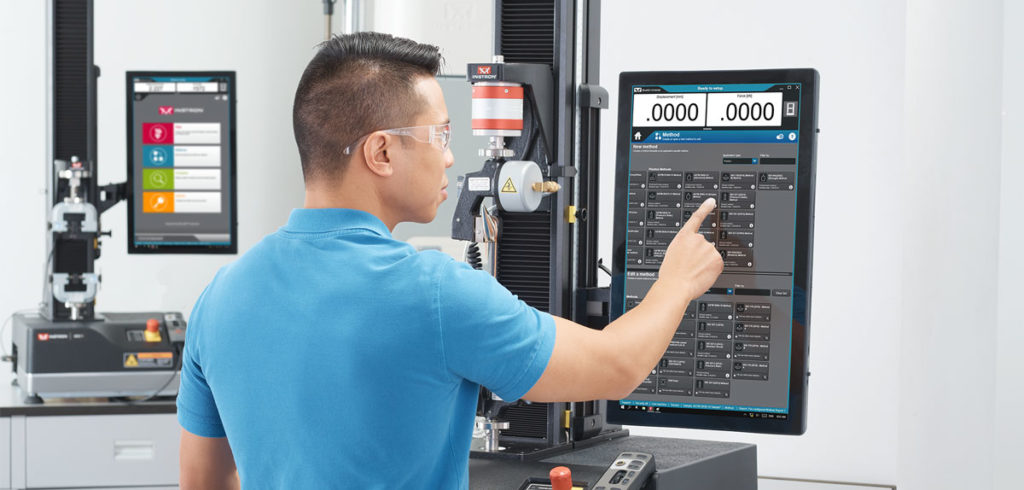Instron has released a new traceability module for Bluehill Universal software to help users achieve FDA 21 CFR Part 11 compliance, and other regulatory accreditations such as NADCAP, A2LA, and ISO 17025.
The new module features three main components: revisions history, electronic signatures and an audit trail. These three things, in combination the Bluehill security features, allow users to view who did what, when they did it, and why within the test system – while having the power to prove it during an audit.
Bluehill Security will enable lab managers to setup permissions within the software, choosing who can access what and limiting personnel access where applicable. Users can choose a range of three security options, which offers differing levels of integration with a business’s existing security network. As an example, higher-tier users can be configured to have full system access, while other operators within an organization can be allowed restricted permissions.
Revision history will enable users to view previously carried out Bluehill methods, tested samples and report templates. Each revision contains several categories including details of the affected item, time stamps, previous and new values, and names of users who can initiate or approve system changes.
Electronic approvals in the form of electronic signatures serve as a replacement for manual, hard-copy signatures. These signatures can be configured within the program for primary, secondary, and tertiary electronic sign offs; this ensures that revisions to methods and test data are reviewed before a change is implemented or data is made available to others.
Bluehill Universal also has a built-in, secure and searchable audit trail tracks system that can monitor usage, including logins and logouts, additions, and modifications and deletion of Bluehill files. The digital trail can also capture usernames, dates and timestamps for all activities. This allows full visibility of all previous system activities when being audited.


